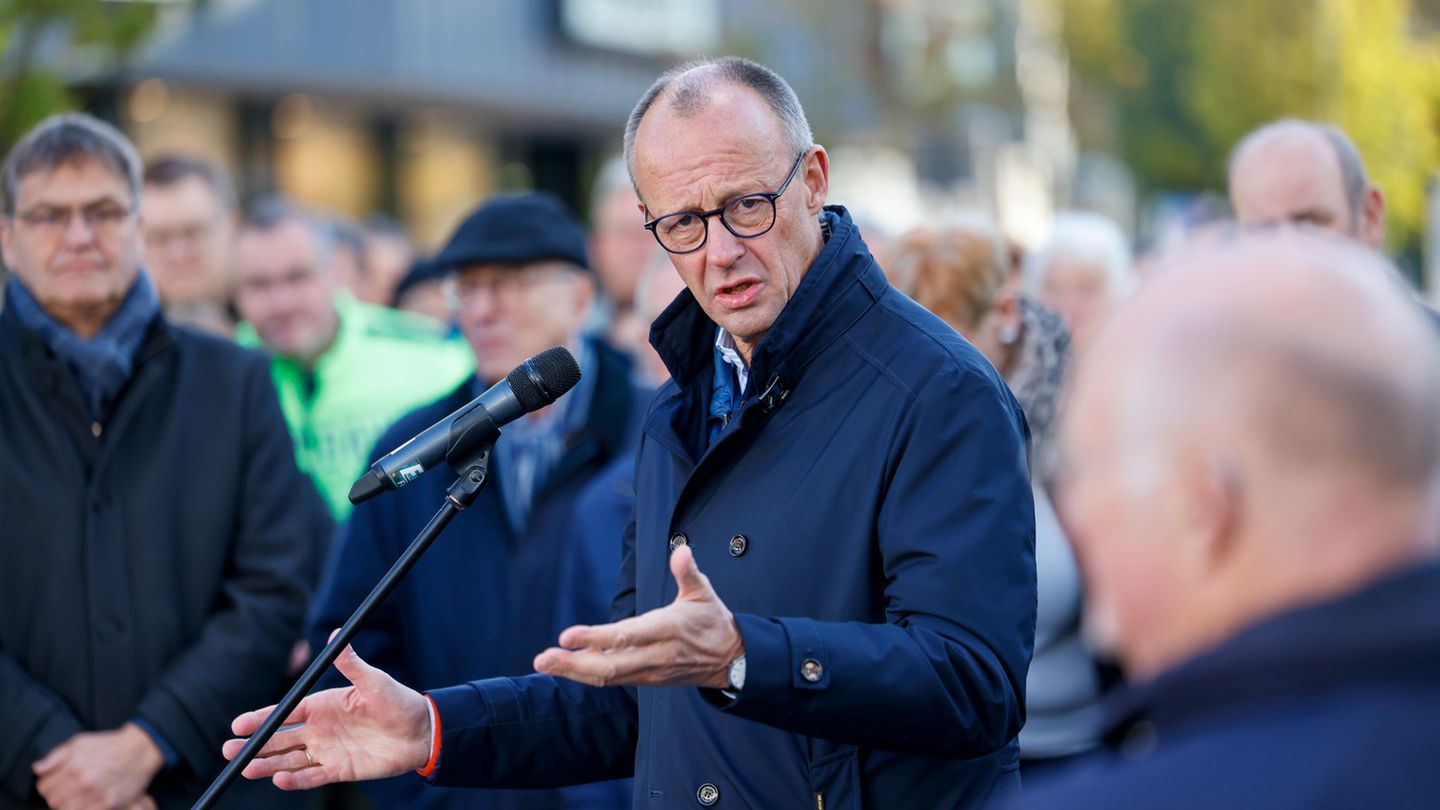The finance minister is astonished by the harsh criticism from his coalition partners after he announced the need for new discussions on the budget. The opposition speaks of chaos.
In view of the new traffic light dispute over the 2025 federal budget, CSU leader Markus Söder is taking a hard line on the coalition. “The traffic light coalition cannot govern seriously, the chaos continues,” said the Bavarian Prime Minister to the “Augsburger Allgemeine”. “The federal budget is full of holes like Swiss cheese, there are open questions and bad checks everywhere.” Federal Finance Minister Christian Lindner (FDP) defended his actions against sharp criticism from the coalition partners SPD and the Greens – and ultimately blamed the Chancellery.
The minister recently announced a need for new discussions on the budget, the basic principles of which the coalition had agreed on almost a month ago after a long dispute. The background to this is the review of several projects with which Chancellor Olaf Scholz (SPD), Vice Chancellor Robert Habeck (Greens) and Lindner actually wanted to reduce the financing gap in next year’s budget by eight billion euros.
Ministry of Finance wants new austerity measures
The issue was about paying loans to the railway and the motorway company instead of grants – and about 4.9 billion euros from the time of the gas price cap that are held by the KfW development bank. Two reports had raised legal and economic doubts – especially about the plan to use the unused KfW funds for other purposes in the budget. From the perspective of the Finance Ministry, austerity measures must now be negotiated again. Lindner’s office also brought up cuts in social spending again.
In response to criticism, particularly from the SPD, Lindner responded on Friday evening at an election campaign event in Potsdam: “I am astonished, because even Social Democrats in the party and the Bundestag know that there were three audit orders and no political agreement.” The audit orders were proposals from the Chancellery – “they are not convincing from a constitutional or economic point of view, and in some cases are even risky.”
The finance minister warned: “We cannot take constitutional risks, however, because we have already received a ruling from Karlsruhe based on a coalition compromise.” The so-called budget ruling had torn billions of dollars into financial planning last year. The finance minister was confident, but also made it clear that the coalition still has a long way to go.
Exchange of blows between leading coalition members
SPD leader Saskia Esken sharply attacked Lindner on Friday. The fact that the FDP leader made his assessment without any consultation in the government and published it on the day of the major prisoner exchange “is reckless and, for me, exceeds the limits of what is tolerable in a coalition,” she said. The assessment of the reports was “idiosyncratic even in technical terms.”
FDP General Secretary Bijan Djir-Sarai defended Lindner. Germany needs a budget that complies with the constitution, he told the German Press Agency. It was therefore entirely right that Lindner had subjected individual projects to an independent review. “Ms. Esken and her party should urgently return to an objective debate and not categorically oppose sensible consolidation measures in the budget. The only thing that is intolerable is the SPD’s debt and social populism.”
DGB calls for suspension of debt brake
The development reignited the debate about contentious issues in the budget. The German Trade Union Confederation (DGB), for example, called for the debt brake to be suspended. “There is no way around another suspension of the debt brake and its fundamental reform,” DGB board member Stefan Körzell told the newspapers of the Funke media group. “The Federal Minister of Finance should finally admit that.” Lindner and his FDP strictly reject a suspension of the debt brake.
Körzell argued that public services, social security and public investment in infrastructure and socio-ecological restructuring must continue to be guaranteed. “Since the Merkel years, our country has been pushing ahead with an investment backlog that must finally be resolved.” He also called for more money to be brought into the state coffers through “an effective inheritance tax” and the reintroduction of the wealth tax.
FDP parliamentary group leader: “Keep things in moderation”
FDP parliamentary group leader Christian Dürr, on the other hand, insists on austerity, for example in development aid. “The FDP’s position has not changed: we have to set the right priorities, for example in defense, education and infrastructure,” he told the Funke newspapers. But that also means that we have to be moderate in other areas, for example in the welfare state and in development aid.
“If we don’t have the money to renovate railways and roads, Germany cannot distribute billions for projects elsewhere.” At the same time, the planned reforms to the citizen’s income must now be implemented urgently “in order to make the welfare state more efficient and get more people into work.”
Source: Stern
I have been working in the news industry for over 6 years, first as a reporter and now as an editor. I have covered politics extensively, and my work has appeared in major newspapers and online news outlets around the world. In addition to my writing, I also contribute regularly to 24 Hours World.




